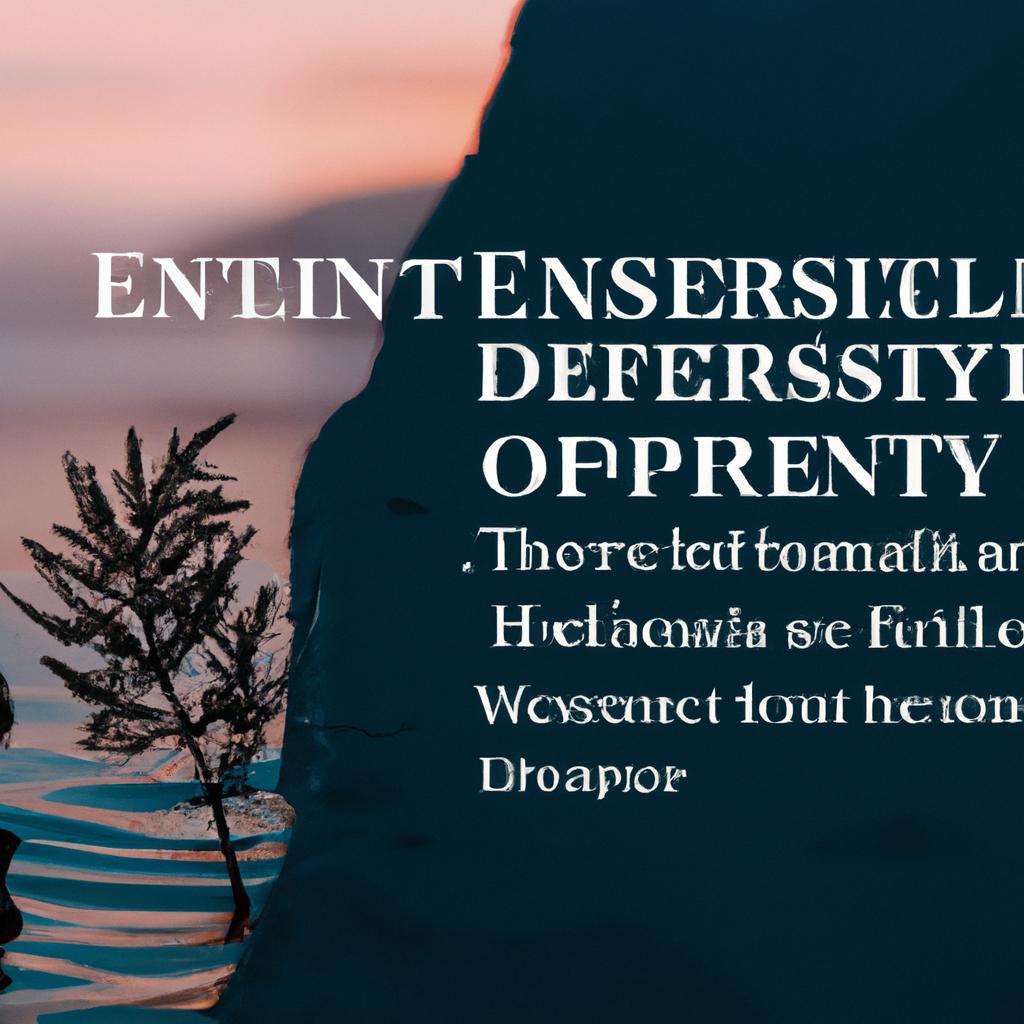Ever pondered the intricacies of a will? This legal document, which outlines the distribution of your assets and wealth after your demise, is more multifaceted than it appears. From appointing an executor to determining the division of your assets, there are several crucial aspects to contemplate when crafting your last will and testament. Let’s delve deeper into the complexities of a will and the importance of having one in place.
Grasping the Fundamental Elements of a Will
A will comprises several essential elements that dictate how an individual’s assets and possessions should be allocated after their death. These elements are vital to ensure that a person’s final wishes are executed accurately. Here are the fundamental elements that constitute a will:
- Executor: This individual is tasked with executing the directives outlined in the will.
- Beneficiaries: These are the persons or entities who will inherit assets or property from the estate.
- Guardianship: In the event of minors, a will can appoint a guardian to look after them.
- Debts and Taxes: Guidelines on how any remaining debts or taxes should be managed.
By incorporating these fundamental elements in a will, individuals can ensure that their final wishes are honored and that their assets are allocated as per their preferences. It is crucial to seek advice from a legal expert when formulating a will to ensure that all necessary elements are included and that the document is legally enforceable.
Vital Factors for Selecting an Executor
When appointing an executor for your will, there are several vital factors to bear in mind. It’s crucial to choose someone who is reliable, accountable, organized, and capable of performing the required duties. Here are some considerations when selecting an executor:
- Trustworthiness: Your executor will have access to confidential financial and personal information, so it’s imperative to choose someone you trust completely.
- Organizational Skills: Being an executor involves a significant amount of paperwork and deadlines. Choose someone who is detail-oriented and can manage important dates and documents.
- Availability: Ensure your chosen executor has the time and availability to fulfill their responsibilities. Being an executor can be time-consuming, particularly during the probate process.
- Conflict-resolution skills: In some instances, disputes may arise among beneficiaries or creditors. Choose an executor who can handle conflicts diplomatically and fairly.
Comprehensive Guidelines for Asset Allocation in a Will
When formulating a will, it is crucial to provide clear and detailed instructions for how your assets will be allocated upon your death. This ensures that your wishes are executed correctly and helps prevent any confusion or disputes among your beneficiaries. Here are some key factors to remember when outlining the allocation of your assets:
- Identify your assets: Begin by compiling a list of all your assets, including real estate, vehicles, investments, bank accounts, and personal possessions.
- Specify beneficiaries: Clearly state who you want to inherit each of your assets. This can include family members, friends, or charitable organizations.
- Be specific: Provide detailed instructions for how each asset should be allocated. For instance, you may want to specify percentages for financial accounts or designate specific items for certain individuals.
Furthermore, consider appointing an executor to supervise the distribution of your assets and ensure that your wishes are executed accurately. By taking the time to meticulously plan and document the allocation of your assets in your will, you can provide clarity and peace of mind for your loved ones during a challenging time.
Guaranteeing Legality and Validity of a Will
To guarantee the legality and validity of a will, several key factors need to be considered. One of the most crucial aspects is ensuring that the document clearly outlines the individual’s wishes regarding the allocation of their assets after their death. This includes specifying who will inherit what property, money, or possessions.
It is vital to have witnesses present when the will is signed to confirm that it was done voluntarily and without any undue influence. These witnesses should not be beneficiaries of the will to avoid any conflict of interest. Additionally, the document should be dated and signed by the testator to further establish its authenticity.
Key elements to include in a will:
- List of beneficiaries
- Description of assets and how they should be allocated
- Appointment of an executor
- Specific funeral and burial wishes (optional)
| Name | Relationship | Amount |
|---|---|---|
| John Smith | Son | $50,000 |
| Sarah Davis | Granddaughter | $10,000 |
By carefully considering these elements and seeking legal advice if necessary, individuals can ensure that their will is legally binding and will be executed as per their wishes.
The Conclusion
As you navigate the complexities of what goes into a will, remember that this legal document carries significant weight and importance. By carefully considering your wishes and seeking professional advice if needed, you can ensure that your loved ones are taken care of according to your preferences. Crafting a will is a powerful way to leave a lasting legacy and provide peace of mind for yourself and those you hold dear. Seize this opportunity to shape your future and protect your assets for generations to come.

Discover the Essential Elements that Make Up a Will
Creating a will is a crucial step in estate planning that ensures your wishes are carried out after your passing. A will is a legal document that outlines how you want your assets to be distributed and who will be responsible for executing your wishes. Understanding the key elements that make up a will is essential to ensure that your intentions are clear and legally binding. Let’s explore the fundamental components that should be included in a well-structured will.
1. Testator Information
The first essential element of a will is identifying the testator, which is the individual creating the will. The testator’s full legal name, address, and any other identifying information should be clearly stated at the beginning of the document. This helps establish the validity of the will and ensures that the correct person’s wishes are being carried out.
2. Executor Appointment
An executor is a person designated to carry out the instructions outlined in the will. This individual is responsible for ensuring that the testator’s wishes are fulfilled and that the assets are distributed according to the will’s terms. The executor should be someone trustworthy and capable of handling the responsibilities associated with executing a will.
3. Beneficiary Designation
Beneficiaries are the individuals or entities that will receive assets or property outlined in the will. It’s important to clearly specify who the beneficiaries are and what they are entitled to receive. Detailed information about each beneficiary, including their relationship to the testator and their contact information, should be included in the will.
4. Asset Distribution
The heart of a will is the distribution of assets. This section should outline how the testator’s assets, including property, investments, and personal belongings, will be divided among the beneficiaries. Specific instructions regarding who will receive what should be clearly stated to avoid any confusion or disputes among family members.
5. Guardianship Arrangements
If the testator has minor children or dependents, a will should include provisions for their care and guardianship. Designating a legal guardian for minor children and outlining their responsibilities is crucial to ensure the well-being of the children in the event of the testator’s death.
6. Contingency Plans
Life is unpredictable, and circumstances may change after a will is created. Including contingency plans in a will allows for flexibility in case certain events or conditions arise. Whether it’s the unexpected death of a beneficiary or a change in the testator’s assets, having provisions for such contingencies helps ensure that the will remains relevant and effective.
Benefits and Practical Tips
Creating a will provides peace of mind and ensures that your assets are distributed according to your wishes. Here are some practical tips for drafting a will:
- Seek legal advice from an estate planning attorney to ensure your will complies with state laws.
- Update your will regularly to reflect changes in your assets, beneficiaries, or life circumstances.
- Store your will in a secure location and inform your executor and loved ones where it can be found.
- Discuss your wishes with your family and beneficiaries to avoid any misunderstandings or disputes after your passing.
Case Studies
Consider the following scenarios to understand the importance of having a will:
| Case Study | Lesson Learned |
|---|---|
| Case 1: Testator dies without a will. | Assets may be distributed according to state laws, not the testator’s wishes. |
| Case 2: Beneficiary disputes arise. | Clear instructions in a will can prevent conflicts among family members. |
| Case 3: Minor children are left without a guardian. | Designating a guardian in a will ensures the care of minor children. |
Conclusion
Creating a will is a critical step in ensuring that your wishes are carried out and your loved ones are taken care of after your passing. By including essential elements such as testator information, executor appointment, beneficiary designation, asset distribution, guardianship arrangements, and contingency plans, you can create a comprehensive and legally binding will. Remember to seek legal advice and regularly update your will to reflect any changes in your life circumstances. By taking the time to create a well-structured will, you can provide peace of mind for yourself and your family.


